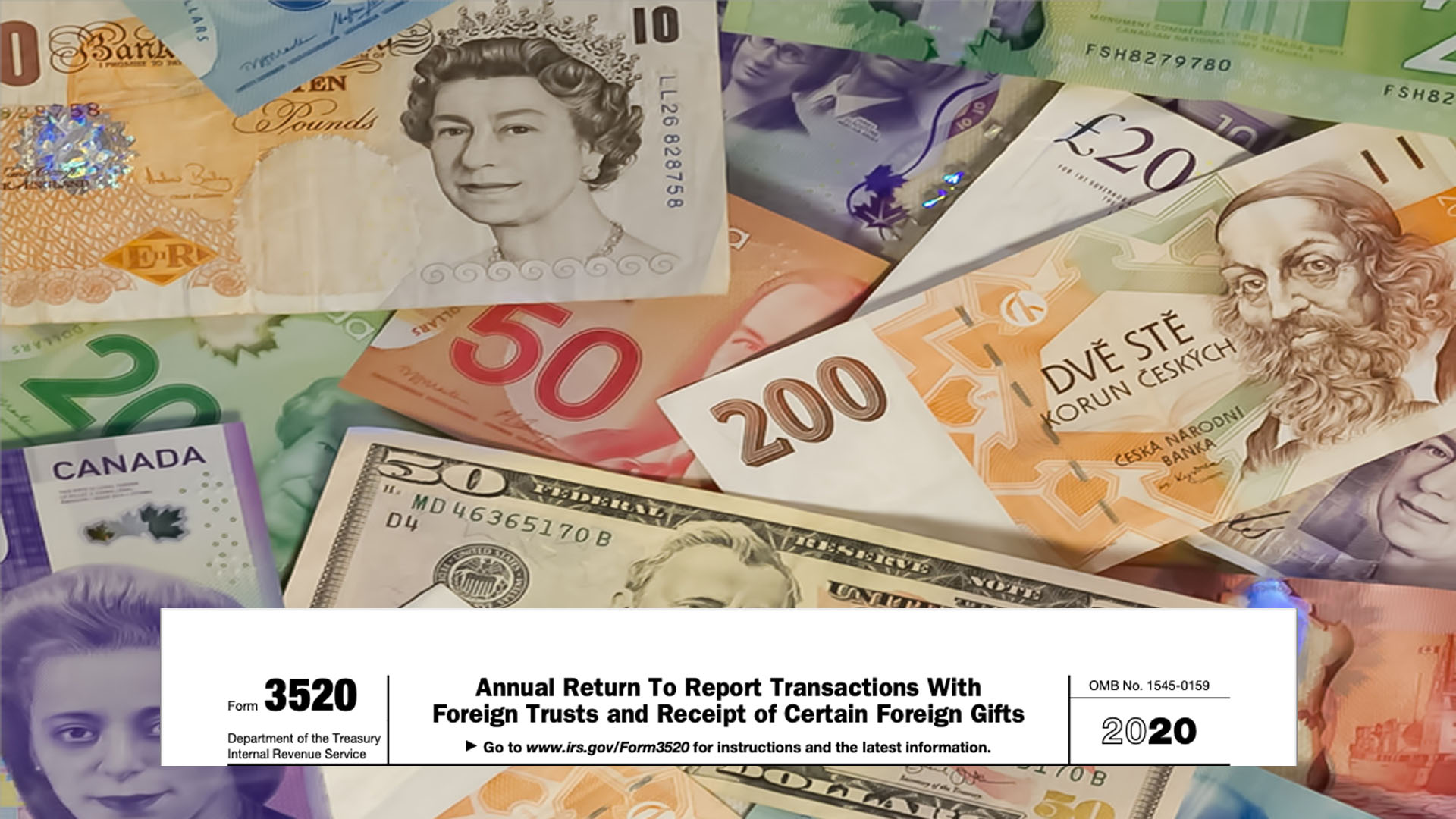Learn the updated process to report a foreign gift correctly
Understanding the Kinds of International Presents: Just How to Effectively Report Them
Understanding foreign presents is vital for organizations passing through complex reporting requirements (report a foreign gift). These gifts can vary considerably, falling right into non-monetary and financial groups. Each type presents special difficulties in assessment and compliance. Organizations needs to know the legal and ethical ramifications entailed. Reliable monitoring and reporting necessitate clear guidelines and normal training. The inquiry remains: just how can organizations assure they meet these obligations while maintaining openness and accountability?
Definition and Summary of Foreign Gifts
International gifts are products or advantages gotten from international entities, which can include governments, organizations, or individuals. These gifts might take various forms, consisting of tangible items, services, or various other forms useful that hold value. The relevance of international gifts frequently lies in their potential to affect relationships between individuals, companies, or countries. They can be a way of diplomacy, revealing goodwill or promoting cooperation. The acceptance of such presents raises ethical and legal factors to consider, especially regarding transparency and possible disputes of passion. Recipients must navigate complicated policies that regulate the reporting and acceptance of foreign gifts, ensuring compliance with both domestic and global legislations. Comprehending the interpretation and implications of international gifts is necessary for organizations and individuals to preserve stability and accountability in their ventures with international entities. This fundamental understanding sets the phase for a deeper expedition of the various kinds of foreign presents and their reporting requirements.
Types of Foreign Gifts: Monetary vs. Non-Monetary
Presents from abroad can be categorized into two major types: monetary and non-monetary. Monetary presents incorporate direct economic contributions, such as cash money or checks, which can significantly affect the recipient's economic standing. These presents are often uncomplicated to value and record, as they entail clear monetary amounts.
Non-monetary gifts, on the other hand, consist of substantial items such as garments, art work, or keepsakes, as well as intangible offerings like solutions or experiences. While these gifts may not have a straight financial effect, they can hold significant sentimental or cultural value. Valuing non-monetary presents can be a lot more intricate, as it typically requires examining the thing's market worth or value to the recipient. Understanding these two groups is vital for precise coverage, making certain compliance with policies relating to international presents and maintaining openness in financial transactions.
Moral and lawful Implications of Finding Foreign Present
While the allure of obtaining gifts from abroad may seem innocuous, the legal and honest ramifications connected with such purchases can be substantial. Receivers have to browse intricate policies that govern the approval of foreign presents, as failing to do so might lead to legal consequences, including assents or fines. Morally, the approval of presents from international entities can cause understandings of preference or problems of passion, especially for individuals ready of power or public depend on. Such understandings can undermine the stability of organizations and erode public self-confidence. Additionally, the potential for international influence elevates issues pertaining to nationwide safety and security and the integrity of decision-making procedures. Consequently, individuals must meticulously take into consideration not only the legality of approving international gifts however also the more comprehensive ramifications on their credibilities and the institutions they represent. Ultimately, thoughtful consideration is vital to preserve both legal conformity and ethical requirements.
Coverage Needs for Foreign Presents

Understanding the reporting demands linked with receiving foreign presents is important for individuals in numerous fields, specifically those in federal government and civil service. These requirements are developed to advertise openness and prevent official statement disputes of rate of interest. Typically, recipients need to report any foreign presents surpassing a defined monetary limit, which differs by territory.
Documents is crucial, as recipients should supply information such as the worth, nature, and resource of the present, together with the day it was gotten. Lots of organizations call for receivers to send their reports within a marked duration, often within one month of receipt.

Failing to abide by these reporting obligations can result in serious repercussions, consisting of lawful charges and damage to one's expert track record. Because of this, comprehending the details regulations applicable to one's position and territory is necessary for ensuring conformity and preserving moral standards in civil service.

Finest Practices for Managing International Gifts in Organizations
To effectively handle foreign presents within organizations, developing clear policies and treatments is critical. Organizations ought to begin by defining what makes up a foreign present and determining the pertinent coverage demands to assure compliance with lawful commitments. Routine training sessions can boost staff recognition of these plans, advertising a culture of openness and diligence.
In addition, organizations must execute a central tracking system to record all international presents obtained, consisting of details such as the worth, purpose, and resource. report a foreign gift. This system must facilitate routine evaluations and audits to evaluate conformity with recognized policies

Frequently Asked Inquiries
Can Foreign Present Influence Company Choices or Relationships?
International gifts can notably affect company decisions Check Out Your URL and partnerships, usually producing viewed responsibilities or biases. Such impacts may influence arrangements, partnerships, informative post and total business values, possibly leading to problems of interest or reputational risks.
What Are the Penalties for Stopping Working to Record Foreign Gifts?
Falling short to report international presents can result in substantial penalties, consisting of fines, disciplinary activity, or lawful consequences. Disobedience undermines openness and could harm reputations, emphasizing the importance of sticking to reporting policies.
Are There Details Countries With Stricter Present Regulations?
Particular nations, like China and Saudi Arabia, apply stricter policies on presents, reflecting cultural standards and governmental oversight. These laws might influence international interactions and necessitate careful consideration by individuals engaging in cross-border partnerships.
Exactly How Can Organizations Educate Personnel Concerning Foreign Gift Plans?
Organizations can educate staff members regarding foreign gift policies through normal training sessions, thorough manuals, and clear communication networks. Involving workshops and real-life circumstances assist enhance understanding, making sure compliance and understanding of potential ethical problems.
What Documentation Is Required for Foreign Gift Reporting?
Paperwork for foreign present reporting generally consists of an in-depth description of the gift, its value, the donor's information, function of the gift, and any kind of applicable policies or regulations governing the approval and coverage of such presents.
Foreign gifts are products or benefits received from international entities, which can include federal governments, companies, or people. Receivers need to browse complex laws that control the coverage and acceptance of international gifts, guaranteeing conformity with both residential and worldwide regulations. Understanding the interpretation and effects of international presents is crucial for people and organizations to keep integrity and accountability in their ventures with foreign entities. Recipients must navigate complex laws that regulate the approval of foreign presents, as failure to do so might result in legal consequences, consisting of assents or fines. Stopping working to report international gifts can result in significant charges, including fines, disciplinary activity, or legal effects.